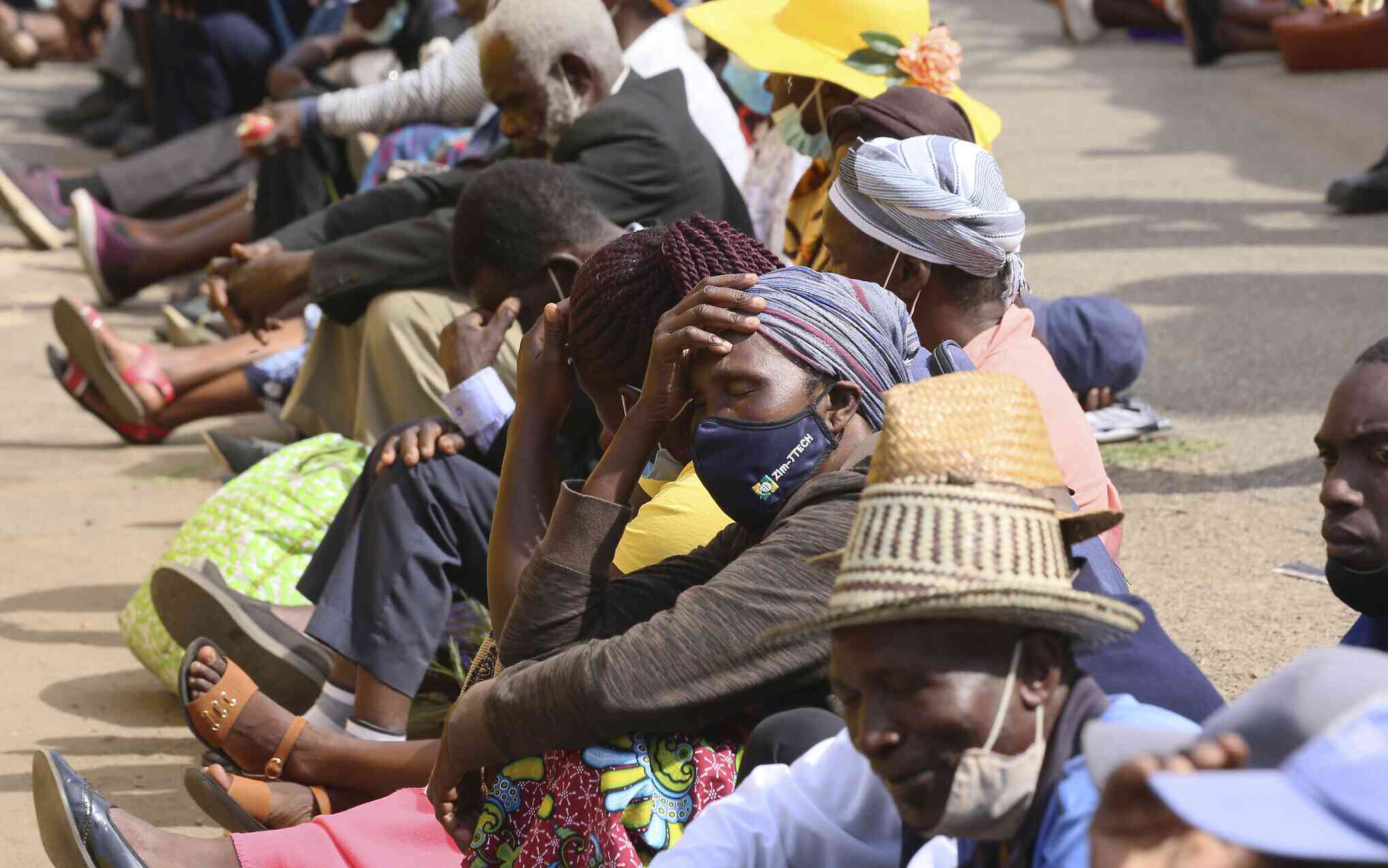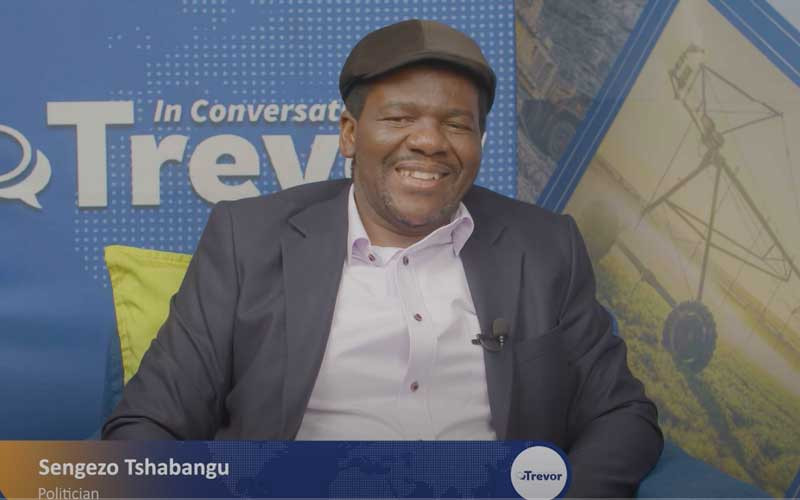
ABOUT 60% of Zimbabwe’s rural children suffer from multidimensional poverty amid a growing inequality gap in the education sector exacerbated by the COVID-19 pandemic, among many other challenges, a recent report has indicated.
Zimbabwe has remained backward in the observance of the agenda for sustainable and equitable access to education, with significant barriers recognised on access and quality of education, especially to marginalised groups.
According to the Zimbabwe Coalition on Debt and Development (Zimcodd), Zimbabwe is ranked 146 out of 191 countries on the Human Development Index.
In education situation report, Zimcodd said 61% of children experience multidimensional poverty which is aggravated in rural areas, high-density, peri-urban informal settlements and persons with disabilities.
The organisation said the higher vulnerability factor for marginalised groups demands a higher investment in social spending by the government.
“Forty-eight percent of Zimbabwe’s 17 million population are children. This population remains Zimbabwe and Africa’s first and most crucial resource to achieving economic development through access to quality education.
“Government must explore alternative cost-effective ways such as strengthening public-private partnerships to improve education response,” the roundup read.
Zimcodd called on government to ensure timely disbursements of budget funds to critical ministries and devolution funds to all local authorities.
- ‘Govt pampering looters with tax breaks’
- 5 more UZ students arrested
- Govt sleeping on the wheel: Zimcodd
- Scrap 2% tax, citizens tell Govt
Keep Reading
“There is a need for a whole-of-government approach to curbing corruption by public officials and improving service delivery. This can be done by strengthening oversight and accountability institutions such as Parliament,” the debt and development watchdog said.
“The government must invest in E-education in rural and marginalised communities to reduce education inequalities and ensure that Zimbabwe becomes competitive and participates in the 4th Industrial Revolution.
“Government must strive for domestic resource mobilisation as a means of improving the wider economy and investing in specific key sectors such as education and infrastructure.”
The organisation bemoaned the lack of available corrective platforms to deal with the level of need.
“To note, the Basic Education Assistance Module is intended to support children across the country in accessing quality education but the programme is overwhelmed due to the wider economic challenges the nation is facing.”
Primary and Secondary Education ministry spokesperson Taungana Ndoro last week indicated that the government was venturing into several partnerships with development partners to reflect the country’s strong commitment to improving education.










